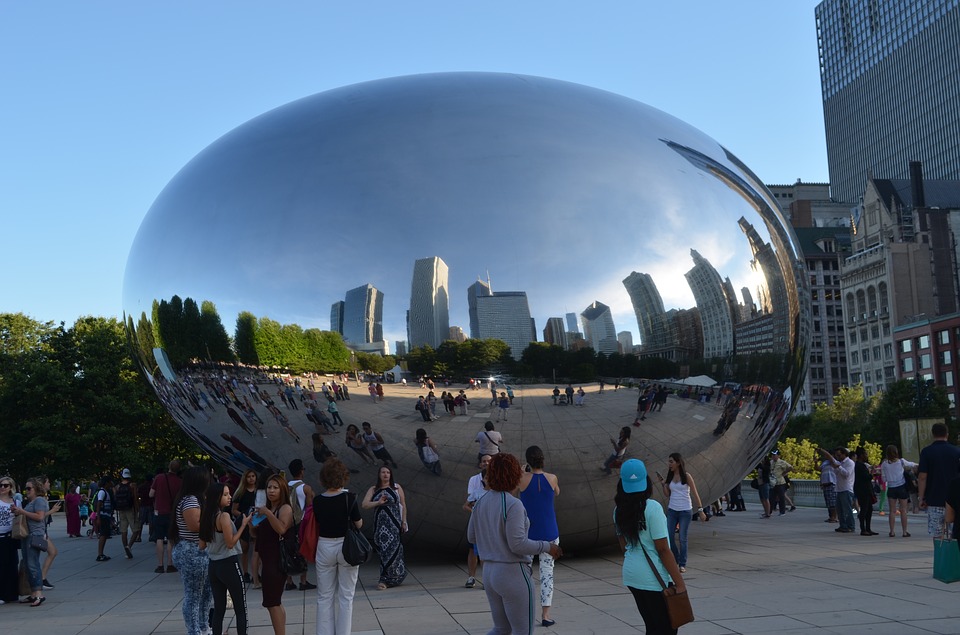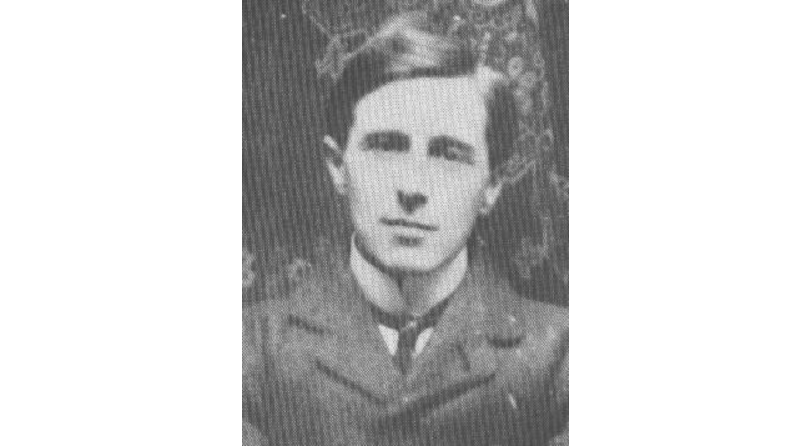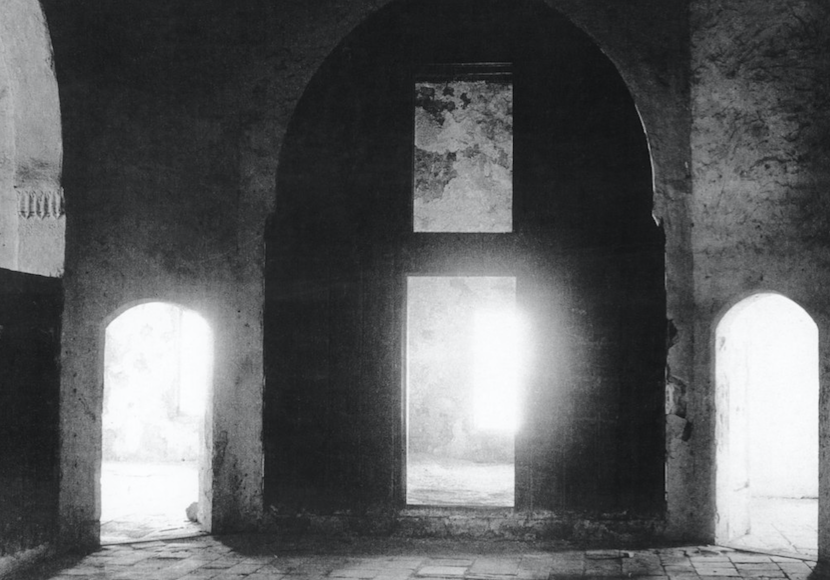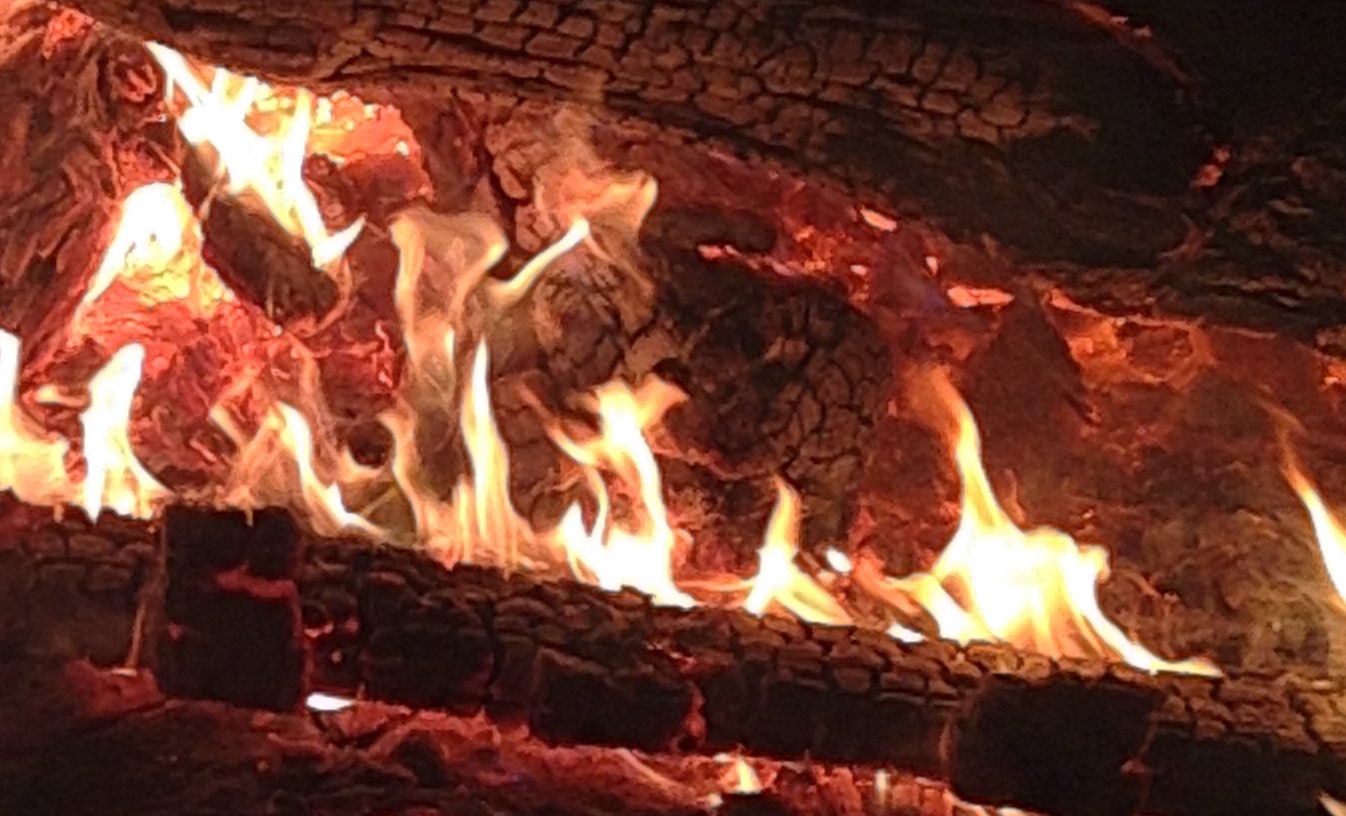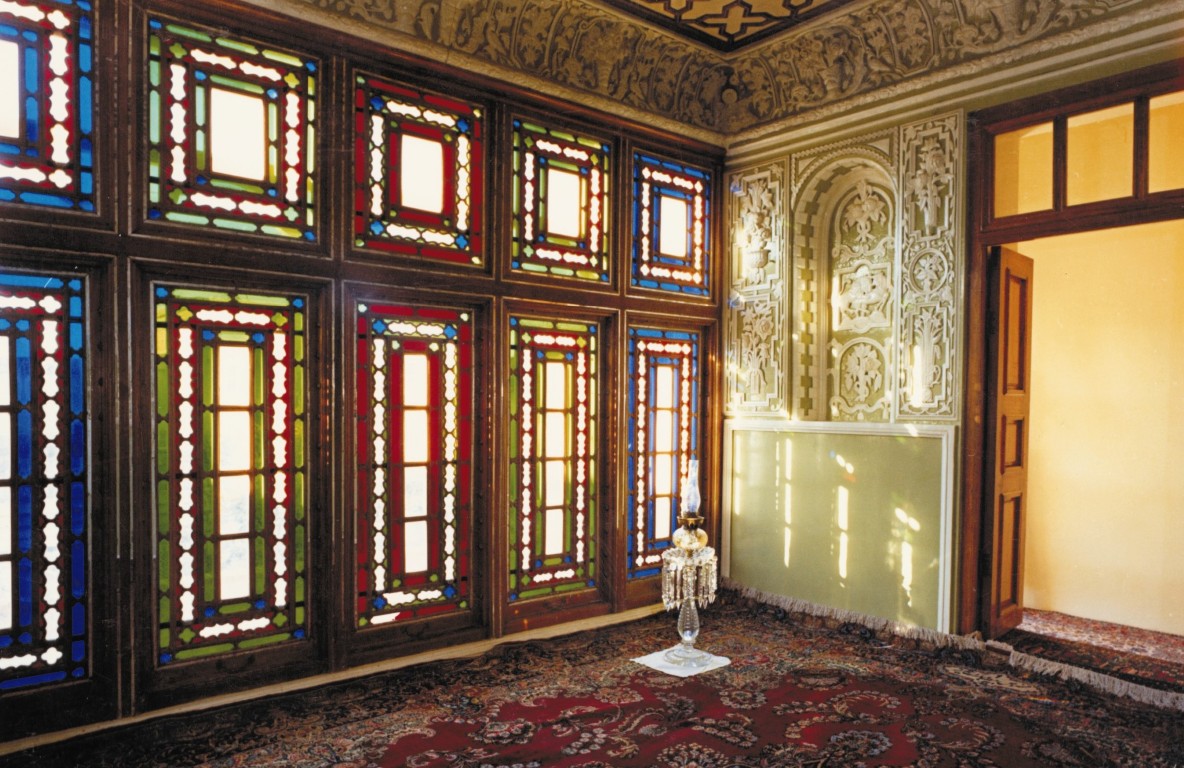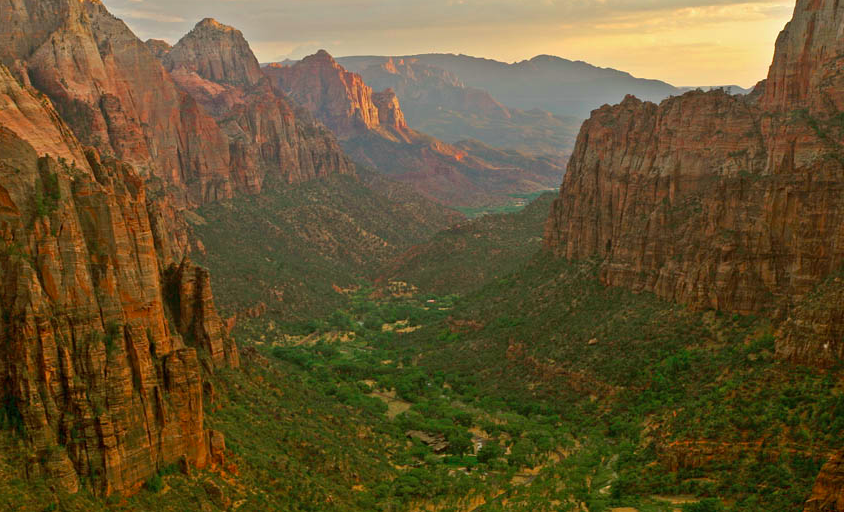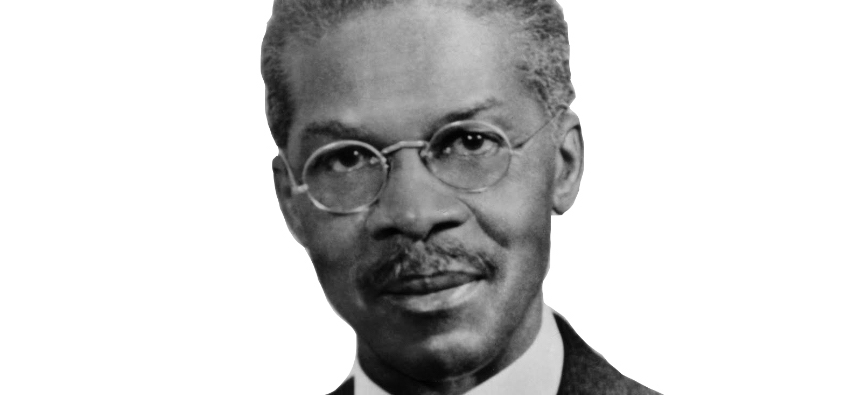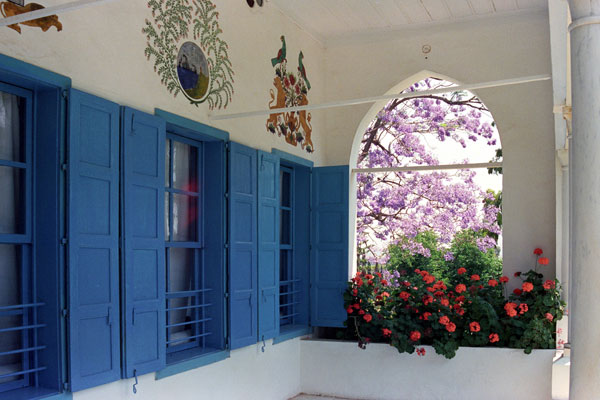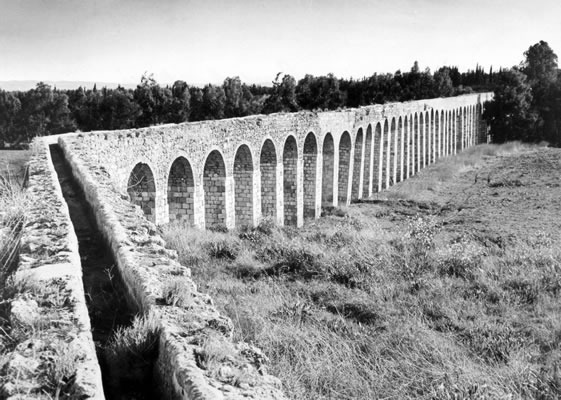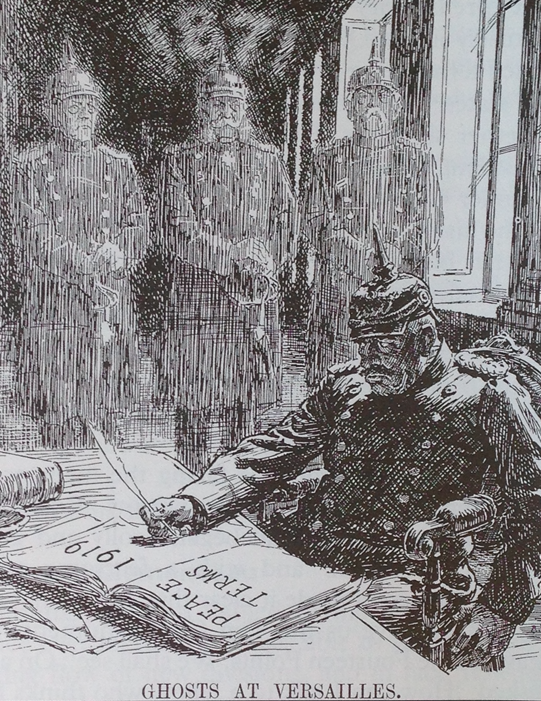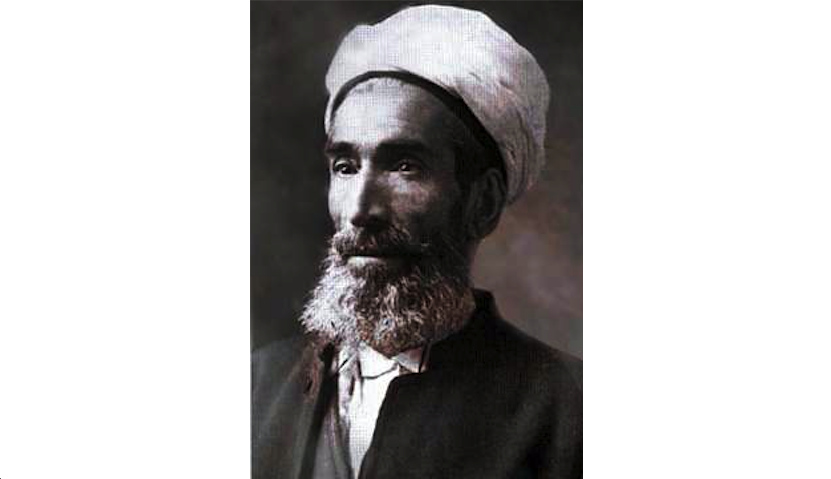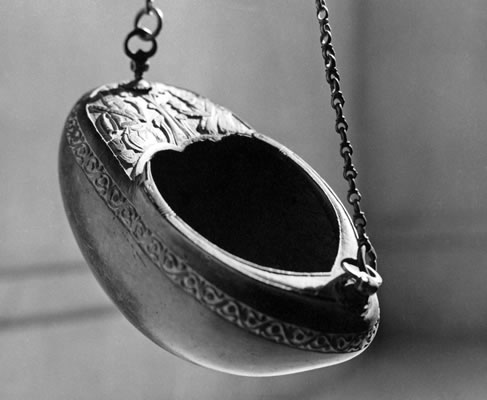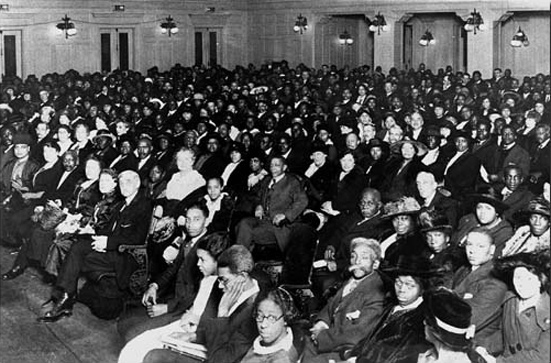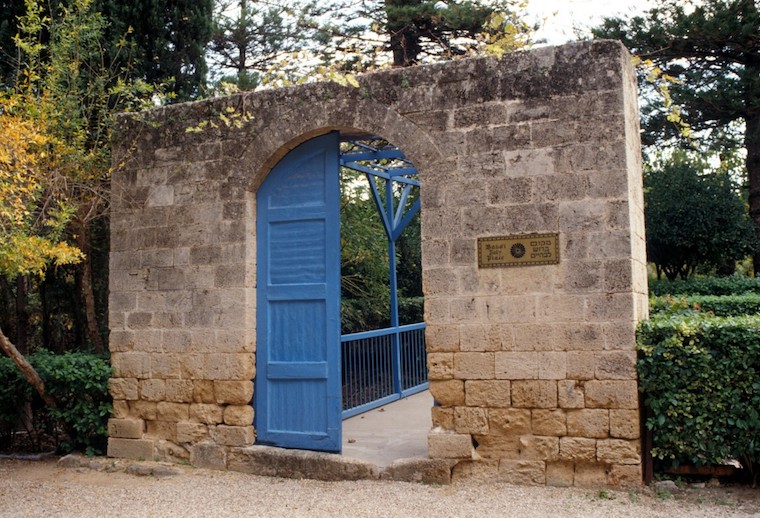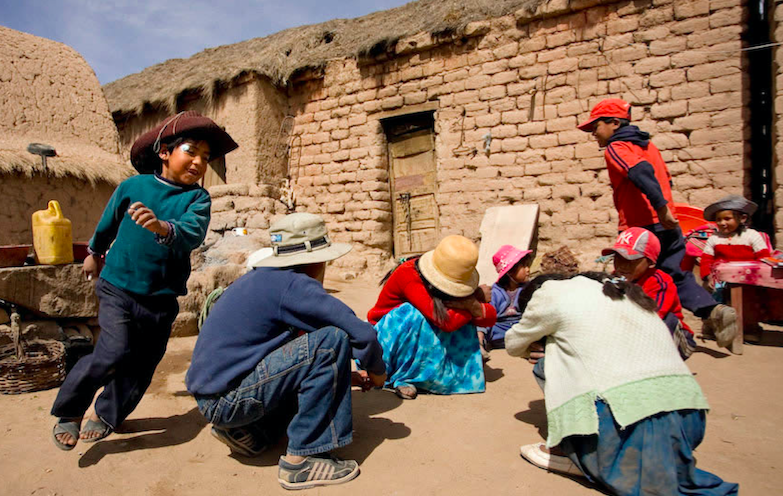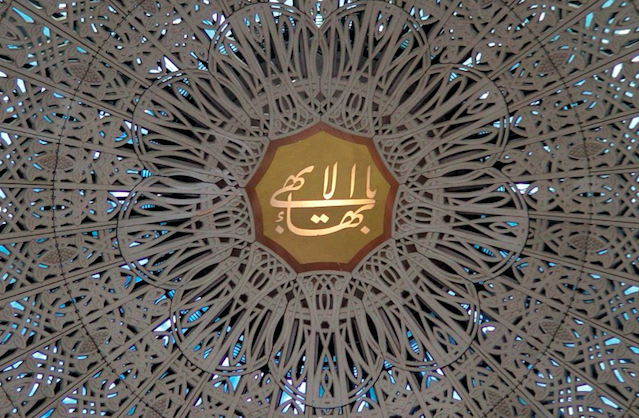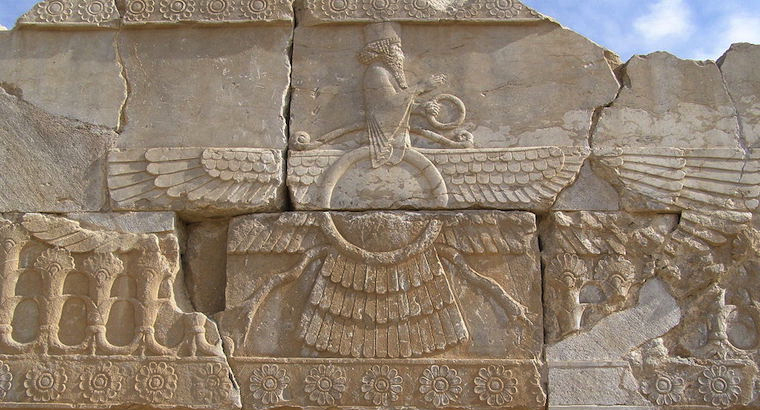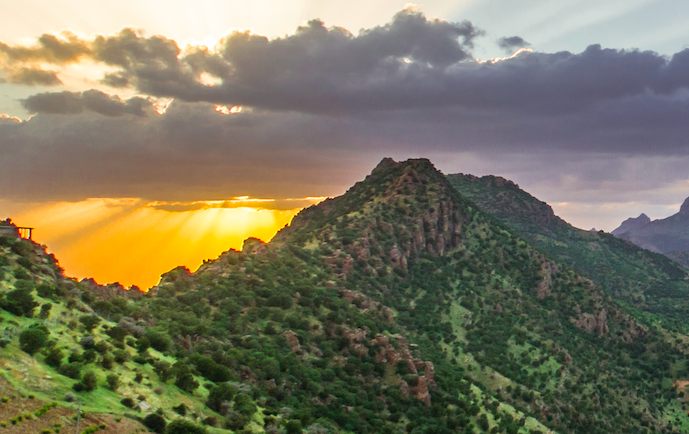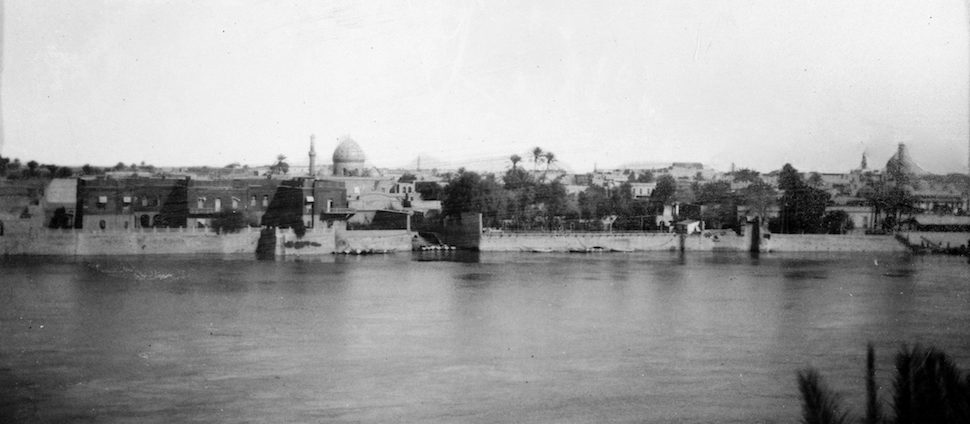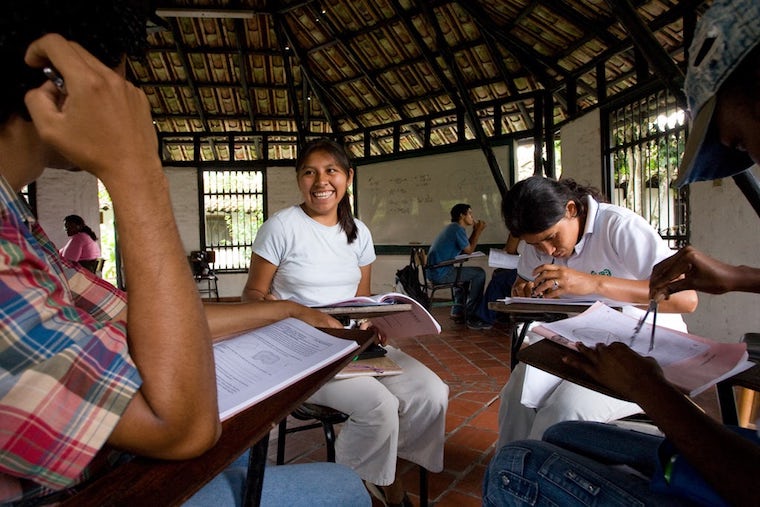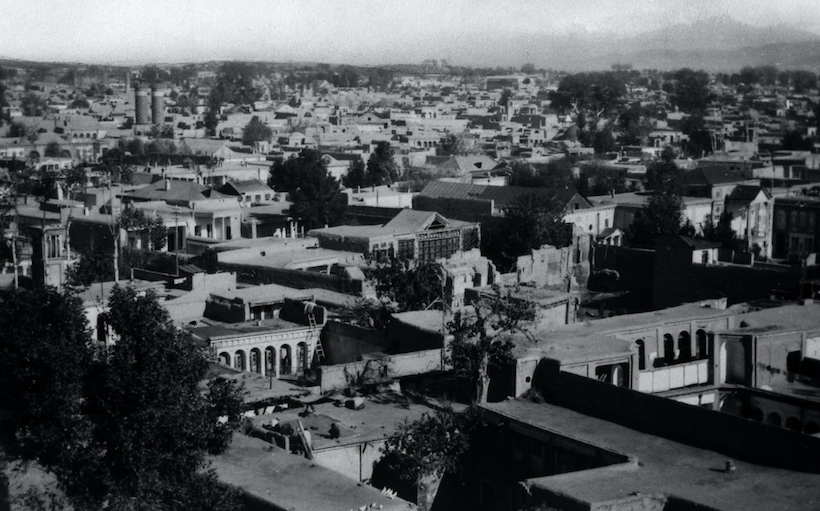-
Newspapers – Mirror of the World
Newspapers and their more recent digital descendants are the lens through which we see the world. Recently the role of the media has been a subject of intense public scrutiny. Baha’u’llah commented on newspapers in the 19th century. In this Day the secrets of the earth are laid bare before the eyes of men. The pages of swiftly-appearing newspapers are indeed the mirror of the world. They reflect the deeds and the pursuits of diverse peoples and kindreds. They both reflect them and make them known. They are a mirror endowed with hearing, sight and speech. This is an amazing and potent phenomenon. However, it behooveth the writers thereof to be…
-
Before the Dawn: The Bab – Prophet Herald
Several times we’ve encountered mention of the Bab – the prophet-herald of Baha’u’llah. Here, is a little of the story of the time that preceded Baha’u’llah, as told in Nabil’s Narrative. The time before the dawn. Mulla Husayn, a young seminarian, was undertaking a search. He was carrying out the last wishes of his spiritual teacher who had passed away not long before. Before his death, this teacher had instructed Mulla Husayn and his fellow students to disperse and search for the new messenger of God. For this was the time foretold – the time of the return. The time when the ancient promises of sacred writings would be fulfilled. They would find that messenger if…
-
Work is Worship
Among Bahá’u’lláh’s Glad Tidings is one directed to what we spend most of our waking time doing: working. Often, in the past “sacred” has been taken to imply set apart. A special caste was concerned with the administration of the sacred. The ordinary day to day activities of life were not sacred. Bahá’u’lláh overturns this separation. Work is worship. It is enjoined upon every one of you to engage in some form of occupation, such as crafts, trades and the like. We have graciously exalted your engagement in such work to the rank of worship unto God, the True One. … Waste not your time in idleness and sloth. Occupy yourselves with that which profiteth yourselves and…
-
Bahá’u’lláh on Good Government
We live in a time of increasing distrust between citizens and institutions of government. Ordinary people seek solutions for what they experience as failures of government, yet institutions of governance struggle to genuinely connect with affected populations. What light does Bahá’u’lláh’s thought cast on what constitutes good government? Bahá’u’lláh lived under absolute monarchies. His own experience of government was one of oppression, expressed in unjust and successive imprisonments and exiles. Justice as a dimension of good government is a strong theme of Bahá’u’lláh’s writings. O kings of the earth! We see you increasing every year your expenditures, and laying the burden thereof on your subjects. This, verily, is wholly and grossly unjust…. lay not…
-
We are One – Overcoming Racism: Part 2
As introduced in yesterday’s article, racism is entirely incompatible with Bahá’u’lláh’s teachings. Close your eyes to racial differences, and welcome all with the light of oneness.[1] As Westerners began to join the Baha’i Faith early in the 1900s, it was clear that racism would need to be addressed, and ‘Abdu’l-Bahá, Bahá’u’lláh’s eldest son, set out to do so. Indeed ‘Abdu’l-Bahá began this work from the earliest visits of Western pilgrims who came to see him in the early 1900s to learn about Bahá’u’lláh’s teachings. In 1911 he invited Louis Gregory, an African American lawyer, to visit him. The pilgrimage not only had a profoundly transformative spiritual impact on Gregory but provided opportunities for ‘Abdu’l-Bahá to stress…
-
The Oneness of Religion
The oneness of religion is a core principle of Bahá’u’lláh’s teachings. The following is an incomplete introduction. The principle is perhaps also one of the most widely misunderstood of Bahá’u’lláh’s teachings. In one form, the misunderstanding is that it involves in some sense “combining” different religions or taking elements from different religions to create a new religion. This is not at all the meaning of oneness of religion. It is easier perhaps to understand the concept if we think of the term “religion” in the phrase “oneness of religion” as not referring so much to individual religions (such as Judaism, Christianity, Hinduism, Buddhism, Islam, or the Baha’i Faith) as to the phenomenon of religion as…
-
Bahá’u’lláh in Kurdistan: The Holy Man on the Mountain
For two years, Bahá’u’lláh’s whereabouts were unknown to his friends and family. After their arrival in Baghdad, the dispirited remnants of the followers of the Bab began to gravitate towards Bahá’u’lláh as he worked to restore their spirits. His rising prestige and influence began to excite envy and disunity. Bahá’u’lláh’s response to this situation was to absent himself entirely from human company. In April 1854 he left. In the early days of Our arrival in this land, when We discerned the signs of impending events, We decided, ere they happened, to retire. We betook Ourselves to the wilderness, and there, separated and alone, led for two years a life of complete solitude. From…
-
An Outline of Bahá’u’lláh’s Life
The bare facts of anyone’s life don’t do it justice. Yet they help us put the many complex pieces of the puzzle together and foster understanding. In this series we have dived straight in: exploring concepts, events and writings. Here we will step back and think about the outlines of Bahá’u’lláh’s life. There are two tools that I would like to use for this purpose. One is to refer you to the beautiful pictorial display of Bahá’u’lláh’s life maintained by the Baha’i International Community at bahaullah.org. There you will find a brief chronology, images associated with Bahá’u’lláh’s life and a narrative of key events. The second tool I will use is to adopt ‘Abdu’l-Bahá’s…
